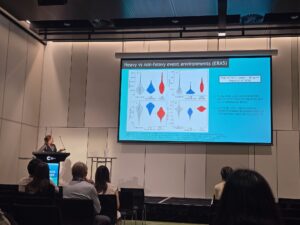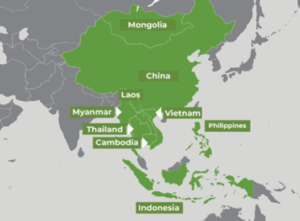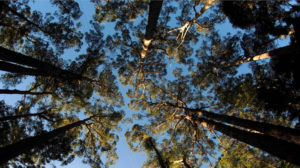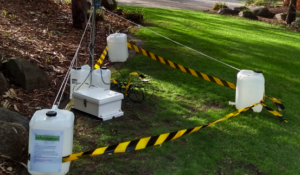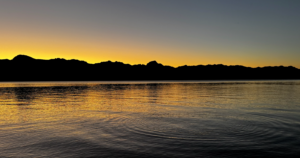
During COP26, 1-12 November 2021, the Curious Climate Schools project involving Climate Futures researchers, was launched.
Engaging a thousand school students, the project received 273 questions from school aged children (graded 5-12) about climate change. Fifty-seven experts from multiple disciplines, including Dr Gabi Mocatta, Dr Kathy Evans and Dr Nick Earl from Climate Futures, helped answer them.
“We got together climate scientists, conservation biologists, fire scientists, chemists, lawyers, engineers, psychologists, oceanographers, climate communication experts, Indigenous knowledge specialists and health experts to answer a wide range of questions,” says Dr Gabi Mocatta, one of the project co-leads.
As well as wanting to understand more about the science behind climate change, key themes in students’ questions were around who is responsible for climate change and dealing with it; how urgent it is to take action; and how future generations will adapt and care for the planet and all its inhabitants. Students also asked why aren’t politicians, in their view, don’t seem to be listing to the science.
Each student question was answered by a relevant expert and all the detailed answers are available on the Curious Climate Schools website – as a resource for the students involved themselves, and for anyone else seeking expert answers on wide-ranging questions to do with climate change.
“A project like this is necessary because there is little mandated learning on climate change in the current Australian Curriculum,” said Dr Mocatta. “This can mean that a student can leave school with little holistic understanding of climate change, its causes, and solutions, and necessary adaptation. In the current situation, such climate literacy is essential for everyone.”
The Conversation covered the project in this article.Edit “Curious Climate Schools project reaches young Tasmanians”


